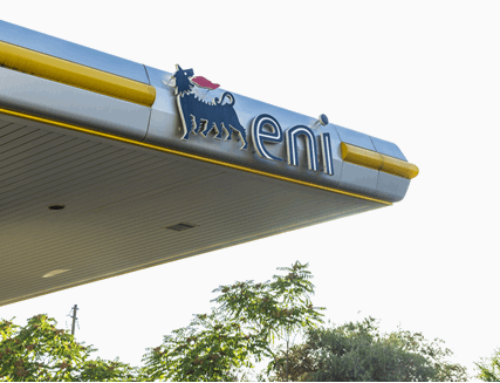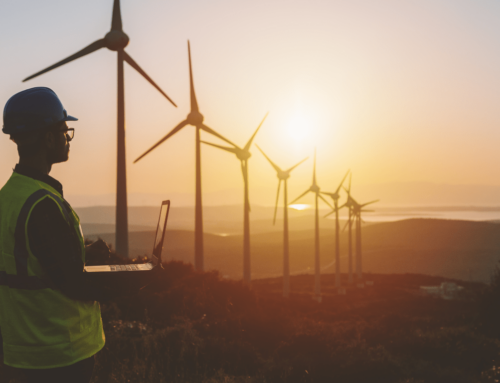Azerbaijan’s renewable energy drive: Beacon of sustainability ahead of COP29
October 20, 2024
Azerbaijan is strategically embracing renewable energy as a key
component of its socio-economic development. With significant
potential in both onshore and offshore sources, the country is
steadily moving towards sustainable energy solutions in alignment
with global trends.The country is harnessing its vast renewable
energy potential as the countdown to COP29 draws near. With the
summit just weeks away, the country is showcasing its commitment to
sustainable development, aligning itself with global environmental
goals while capitalizing on its unique geographical advantages.
According to technical assessments, Azerbaijan’s renewable
energy potential is impressive: 135 GW on land and 157 GW at sea.
This potential translates into economic feasibility, with 27 GW of
renewable energy identified as economically viable. The breakdown
includes 3,000 MW in wind energy, 23,000 MW from solar power, 380
MW from bioenergy, and 520 MW from the hydropower
potential of mountain rivers.
This green transition is driven by the vision outlined in the
document “Azerbaijan 2030: National Priorities for Socio-Economic
Development,” which emphasizes creating a “clean environment” and
transforming Azerbaijan into a “green growth country.” In pursuit
of these goals, Azerbaijan is actively engaging in partnerships
with both local and international investors, focusing on low-carbon
business solutions.
The energy sector’s transformation is not limited to renewables
alone. As part of its green strategy, Azerbaijan is also actively
exploring green hydrogen production. A European Bank for
Reconstruction and Development (EBRD) report highlights the
feasibility of producing and exporting hydrogen, leveraging
Azerbaijan’s renewable energy resources. These efforts position the
country to become a significant player in the regional energy
market while supporting decarbonization.
Meanwhile, COP29 is expected to feature intense discussions
around nuclear power, marking a shift in the global energy debate.
For the first time, EU ministers have officially endorsed nuclear
energy in their mandate for the upcoming summit, reflecting its
growing role as a “low-emission technology.” Previously hindered by
disputes between France and Germany, the inclusion of nuclear power
reflects Europe’s acknowledgment of the challenges posed by limited
natural resources. Unlike parts of Europe that struggle with
insufficient sunlight and weak winds, Azerbaijan’s climate and
landscape are ideal for large-scale renewable energy projects—an
advantage the country aims to exploit.
Apparently, Azerbaijan’s collaboration with international
investors further strengthens its renewable energy capacity.
Agreements signed with these investors aim to unlock around
10 GW of renewable energy capacity in the medium
term, which will support the country’s green hydrogen
initiatives.
With less than a month left until the start of COP29,
Azerbaijan’s approach sets an example of how nations can use their
natural resources effectively to drive the energy transition. As
debates over nuclear energy continue to evolve in Europe,
Azerbaijan’s renewable energy expansion demonstrates that
alternative, greener paths are not only possible but also essential
for achieving climate targets. Through these efforts, Azerbaijan is
positioning itself as a regional leader in the green energy
transition.
—
Akbar Novruz is AzerNews’ staff journalist, follow him on
Twitter: @ykwiua
Follow us on Twitter @AzerNewsAz
Search
RECENT PRESS RELEASES
Related Post





